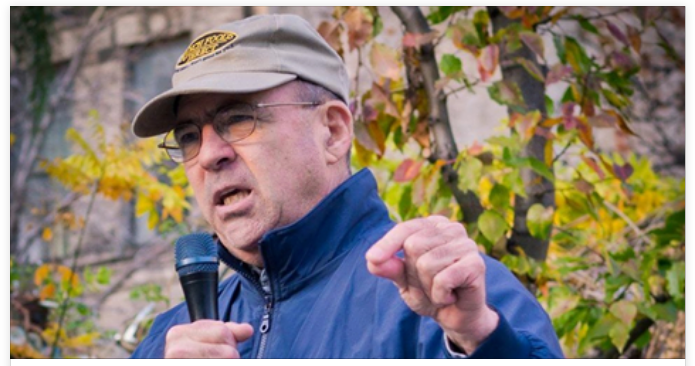Bait and Switch

From the Organization for Competitive Markets newsletter
by Mike Callicrate | January 4, 2018
What can we as eaters do to encourage a better food system?
In today’s broken corporate-controlled food system, more and more people want to know where their food comes from and how it’s produced. The biggest industrial food companies are well aware of this fact and clearly see how consumer demand has shifted towards local sourcing of food over other attributes like antibiotic and hormone free.
The world’s biggest food companies, including meat packers, processors, food distributors and retailers are carefully strategizing on new ways to capture this growing “local” food market, intending to head off all possibilities of being replaced by local, regionally based food systems that better serve farmers, eaters, the environment, and rural communities.
Recently, I stopped by a restaurant in Birmingham, Alabama, with a couple of friends. Looking up “local food” on a smart phone, a little barbeque restaurant popped up. It was everything we wanted, so we pulled off the interstate and went in. Pictures of farmers, kids and pigs living the happy farm life decorated the walls. From the décor to the food on the customers’ plates all looked and felt great! As the server approached the table, I simply asked the question, “Where do you get your pork?” and he said, “We get it from a local farmer north of town.” I responded, “Great, who is it?” The guy said, “Well, I don’t know,” so I asked him to find out. Returning from the kitchen, he said, “I’m really sorry I told you that the pork was local. It’s Smithfield pork.” Smithfield is the largest pork company in the world, owned by the Chinese.
On another occasion while looking for local food in Colorado, a good food advocate friend and I stopped by a brewery on Main Street in Alamosa. Upon opening the menu, I was pleased to see local suppliers prominently featured. Beef was supplied by Salazar Meats and pork was from Monte Vista-based Gosar Sausage. The Salazar hamburger had a $2 upcharge, which I was happy to pay. A quick phone search for Salazar Meats connected me to owner Lucas Salazar. “Lucas, this is Mike Callicrate. I’m at the Brewery in Alamosa, do you sell them meat?” and he said, “No.” The young server, standing by, appeared embarrassed, but also had a look of disappointment, as if he hadn’t known the truth. I said, “You gotta tell me, what would I have been served if I had ordered the Salazar hamburger?” After another trip to the kitchen, he informed me that a pre-made burger patty from Sysco would have been on the plate. Sysco provides a product as far opposite of Salazar Meats as is possible.
Sysco, the biggest, most predatory and deceptive food service company in the world, sells the cheapest meat for the most profit. The burger I would have been served would have been industrially produced, partially or mostly imported. It would have likely contained DNA from over 1,000 animals, along with Lean Finely Textured Beef (aka LFTB or “Pink Slime”).
Too bad the destruction of our farm and ranch communities or the abuse of animals and meat plant workers isn’t reflected in the taste of the food. Too bad we can’t simultaneously experience the loss of rural communities or the degradation of the environment when we bite into ethically compromised food items.
Unfortunately, while our government looks the other way, Sysco and other national food companies find it very profitable to deceive the consumer. Just change the label – same crap, but in a different box!
Farm-to-table and the local food movement has been hijacked by Big Food. If the consuming public wants the chance to vote for a better food system by how they spend their food dollar, they will have to be more knowledgeable and willing to ask tough questions of restaurants and retailers, and all of us will have to be willing to call out the cheaters and insist they be held accountable.